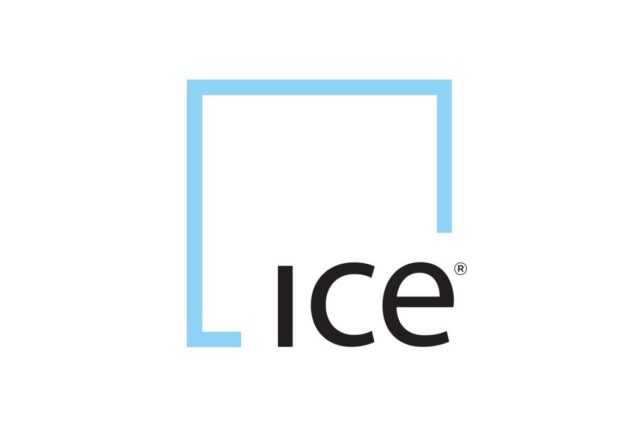MILAN – Coffee futures prices recovered from mid-week lows in yesterday’s session (Thursday 25th July). In New York, the Ice Arabica September contract gained over 1.5% (+355 points) to settle at 234.70 cents. In London, the main contract for September delivery gained $68 to close at $4,395. In Wednesday’s session, coffee futures prices both in London and New York had hit two-week lows, weighed down by forecasts of another month of record exports from Brazil and a partial fall in domestic prices in Vietnam.
Yesterday the bulls regained the upper hand, helped by a weaker dollar and the continuing drought in some areas of the Brazilian coffee belt.
In Brazil, harvesting is well underway but the crop is coming in lower than expected.
Safras & Mercado cut its 2024/25 crop estimate to 66 million bags a week ago, down from its previous forecast of almost 70.5 million.
Well-known Brazilian broker Escritório Carvalhaes is also pessimistic. “In our opinion, the fundamentals remain the same.
Concerns about the global supply of coffee are growing and unsettling the market. There is no longer any doubt about the shortfall in Brazilian coffee production in 2024/2025,” says the Santos-based broker in its most recent analysis.
Brazil exported 47.3 million bags of all forms of coffee in CY 2023/24, an increase of almost a third (+32.7%) on the previous year, according to Cecafé statistics. Exports of green coffee reached 43.67 million (+37.2%).
Shipments of Arabica coffee rose by 16.7% to 35.43 million. Robusta shipments more than quintupled (+461.1%) to a record 8.24 million.
The global shortage of Robusta, given the smaller crops in Vietnam and logistical problems between Asia and Europe due to the conflict in the Red Sea, boosted demand for Brazilian coffee, resulting in a higher-than-expected export volume.
With the decrease in the Brazilian crop and reduced stocks at the end of the 23/24 season, due to record exports, the coffee supply for the 24/25 season, which begins this month of July, became smaller, says Safras & Mercado.
The reduced availability directly impacts Brazil’s trade flow, resulting in a smaller exportable balance, with shipments expected to fall to 44 mln bags. Green coffee shipments are expected to reach 40 mln bags.
Despite the reduction in exports, stocks are expected to fall again, squeezing the stock-consumption ratio to only 15%. This more restrictive supply scenario justifies an increase in the market balance price, concludes Safras & Mercado.
Coffee prices fell in Vietnam this week following weaker London prices, traders said on Thursday, while premiums eased in Indonesia on ample supplies.
Farmers in the Central Highlands, Vietnam’s largest coffee-growing area, were selling beans for 124,000-125,000 dong ($4.90-$4.94) per kg, down from last week’s 127,000-127,000 dong.
In Indonesia, Sumatra Robusta coffee beans were offered at $600 premium to the August and September contracts, unchanged from last week, a trader said.
Another trader quoted $520 premium to the September contract, lower than the $630 premium a week ago, as “beans are flooding the market”.


















